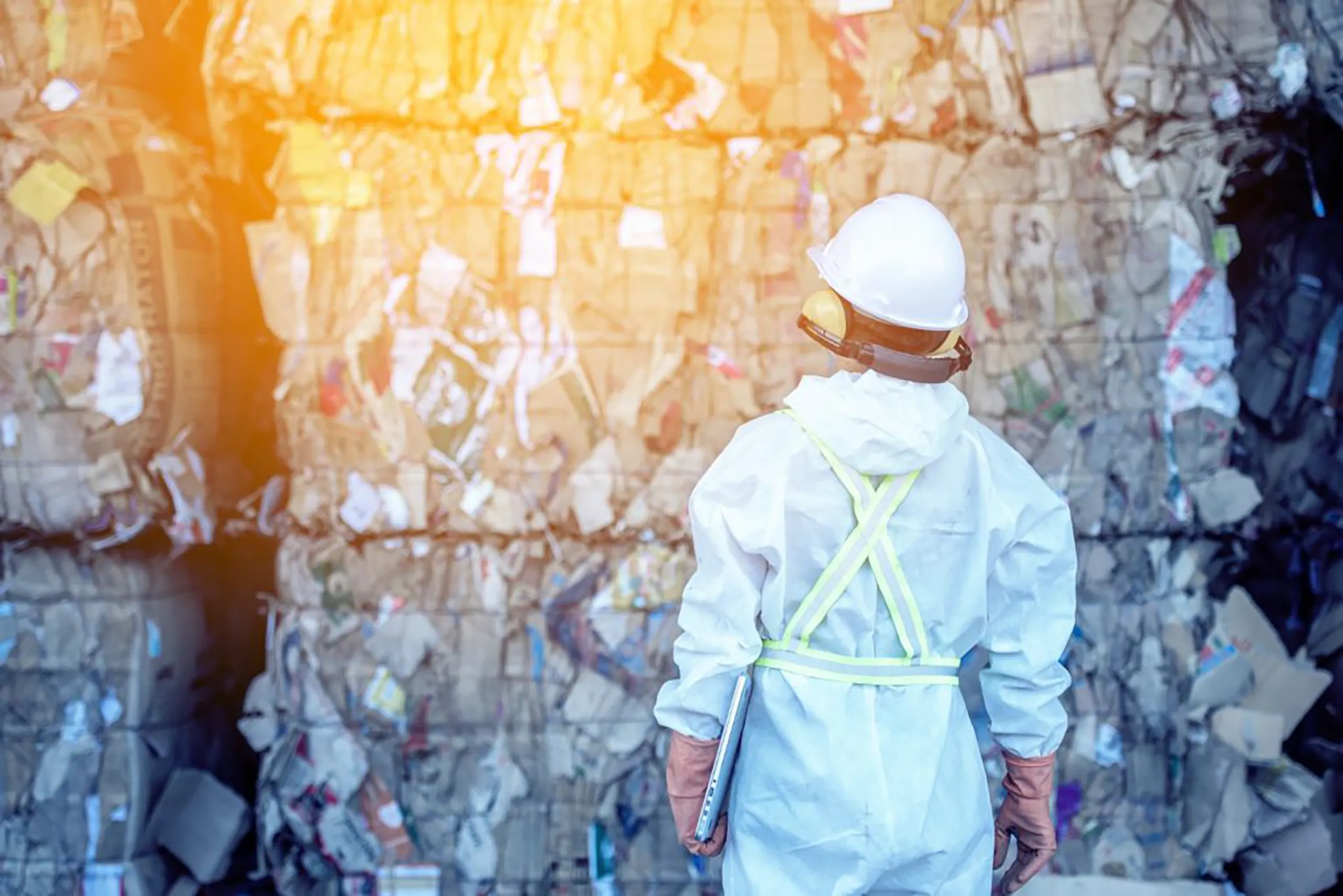For modern businesses, ‘sustainable’ isn’t just a buzzword but an essential, attainable goal. Recognising the environmental impact of business waste motivates people to drive meaningful change.
A common offender is plastic. You can find it everywhere, and its harmful impact is widely recognised. Despite this, it remains an unavoidable issue that most businesses claim they try to avoid.
While understanding why plastic remains prevalent in manufacturing is important, that’s not our focus today. Instead, we’re exploring how your business can take steps to make a positive impact.
Assume the best: that all companies care about their plastic waste. Now, let’s consider that perhaps they simply don’t know how to change their ways.
Instead of critiquing them, why not provide solutions instead?
Here are 5 ways to recycle your plastic
This will help you comply with the Environmental Act 2021 legislation set by the government. By 2025, all SMEs must comply.
Fix how your business manages waste and see the difference.
1. 🤝 Find a reliable plastic waste management partner
Beginning your sustainability journey can feel overwhelming.That’s why having a supportive partner in waste management is crucial for success. By collaborating with us, we can optimise your waste operations, assess your current situation and develop more effective strategies for managing your business’s plastic waste.
“How will this help me?”
Having this relationship can also help your brand reputation. Showing audiences you are actively trying to reduce your plastic shows them you have initiative and ethics. Plastic often feels like a bogeyman when talking about current sustainability issues. By working with a waste management partner on your plastic waste, you can put people’s minds at ease that you’re handling it responsibly.
2. 🔎 Identify plastic waste sources and find alternatives
When working with a waste management partner, it’s common to perform a waste audit to highlight areas of improvement. This process helps pinpoint the sources of plastic waste, enabling you to implement effective changes.
Perhaps your suppliers use harmful single-use plastic bags? This could become an opportunity for change. Instead, buy from suppliers that use recycled and recyclable packaging.
Under other circumstances, you might be the source of plastic waste?
Look at how you make, package, and distribute your products. Are the materials you use sustainable? Could they be even more sustainable? Ask yourself these questions.
You don’t need to avoid plastic completely. There are biodegradable plastic options on the market that you can switch to. Environmental concerns often focus on how plastic waste is managed and disposed of and not the plastic itself.
Find out what needs changing, and make that change to more sustainable materials.
3. ♻️ Repurpose used plastic
We understand that plastic is difficult to avoid entirely. We know how difficult it can be to eliminate. So why not repurpose it when possible? By getting the most out of the plastic avoids creating waste.
For example, you may receive materials in large plastic drums. These are perfect containers for reuse.
They may have been made for single use, but their large size and durability make them perfect for reuse.
Work with repurposing companies. They can collect containers like these, and send them for repeated reuse.
Many people consider plastic a cheap, one-time-use material. By subverting this expectation, you do your part to make the manufacturing industry a circular economy.
4. 🗑 Invest in plastic waste containers
Your business should handle plastic waste in an effective, sustainable way. You need to organise the storage of your plastic waste in preparation for collection day.
Waste containers provide a set, on-site location for plastic waste to go. This prevents confusion among waste and sustainability managers about how to organise plastic in the work environment
5. ❌ The best way to recycle plastic is to not do it at all
No, we don’t mean you should be irresponsible with your plastic waste. We’re talking about reducing your plastic usage. You won’t need to recycle plastic waste if you don’t create any plastic waste.
We know that sounds nearly impossible but there are several achievable steps you can take to reduce plastic waste. These steps include:
- Booking a waste audit.
- Establishing a waste management plan to set goals.
- Encouraging customers to avoid single-use plastics.
- Identifying what plastics are reusable.
- Find a reliable waste management partner.
How can we help
For a deeper dive on how to reduce, or even eliminate your business’s plastic use, take a look at our guide on recycling plastic and reducing waste.
Our team of waste experts can help you to recycle plastic effectively. Discover how we can provide tailored solutions for managing manufacturing waste.
